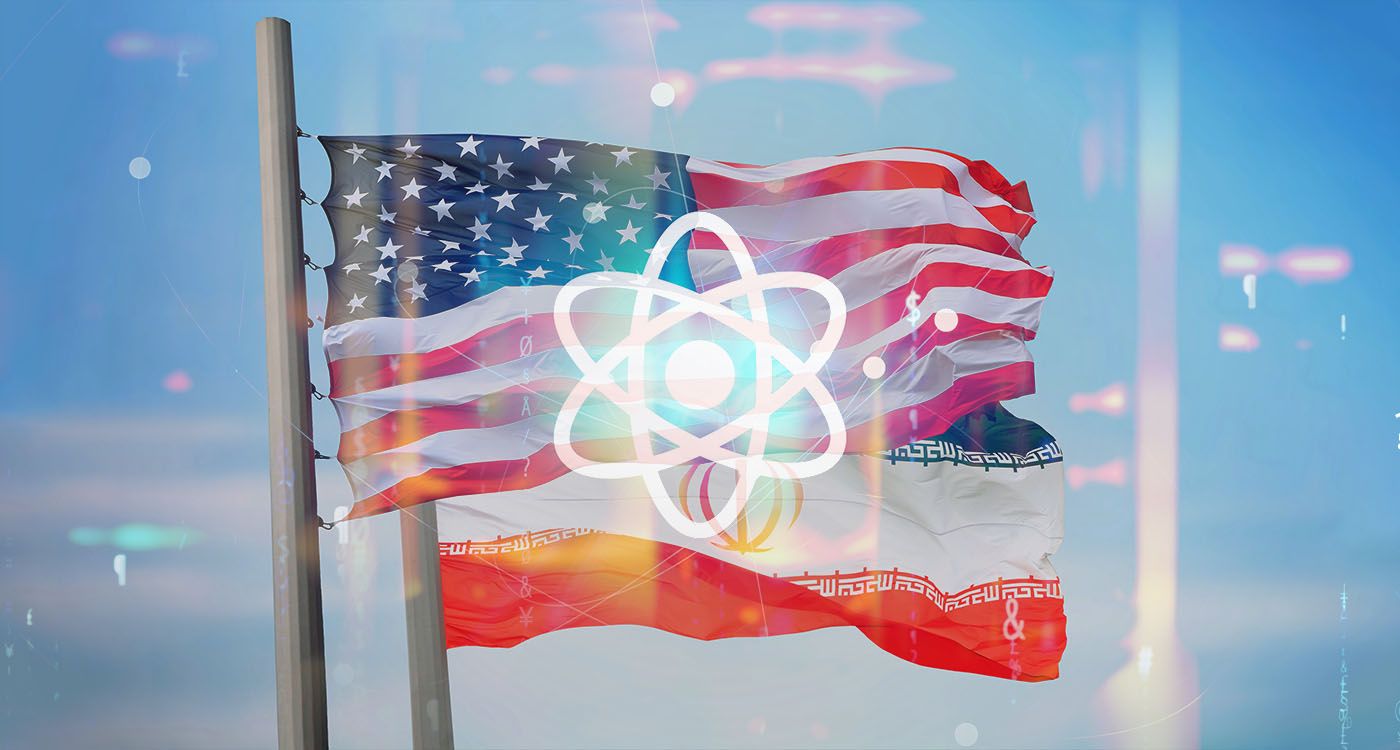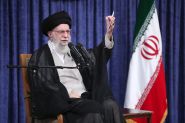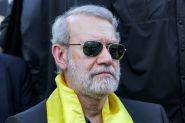- Home
- Middle East
- Iran Rules Out 'Direct Talks' with US on Nuclear Issue

©Shutterstock
Iranian Foreign Minister Abbas Araghchi on Tuesday dismissed the possibility of direct negotiations with the United States on his country's nuclear programme.
His remarks came a day after Washington announced fresh sanctions on Tehran targeting more than 30 vessels and people, including the head of the national oil company, accused of involvement in brokering the sale and shipment of Iranian oil.
The sanctions were the latest to be imposed since US President Donald Trump reinstated his "maximum pressure" policy towards Iran, reprising his approach during his first term.
"There will be no possibility of direct talks between us and the United States on the nuclear issue as long as the maximum pressure is applied in this way," Araghchi said during a joint presser with his visiting Russian counterpart Sergei Lavrov.
"Regarding the nuclear negotiations, the position of the Islamic Republic of Iran is very clear. We will not negotiate under pressure, threat or sanctions."
Lavrov arrived in Tehran on Tuesday for talks with Araghchi and other senior officials on a range of topics including bilateral relations, regional developments and the 2015 nuclear deal between Iran and major powers.
During Trump's first term, which ended in 2021, Washington withdrew from the landmark deal that had imposed curbs on Iran's nuclear programme in return for sanctions relief.
On Monday, Iran held a new round of talks with Germany, France and Britain about its nuclear programme after reviving engagement with the trio, known as the E3, late last year.
Araghchi said he had briefed Lavrov about the latest discussions.
"On the nuclear issue, we will move forward with the cooperation and coordination of our friends in Russia and China," he added.
With Russia too facing sanctions over its war in Ukraine, Moscow and Tehran have stepped up their cooperation in recent years.
Ukraine and its Western allies have accused Iran of supplying Russia with weapons for use in the war -- allegations Iran has repeatedly denied.
During a visit to Moscow in January, Iranian President Masoud Pezeshkian signed a strategic partnership with his Russian counterpart Vladimir Putin underpinning their economic and military cooperation.
Both Iran and Russia suffered a major setback in Syria in December when Islamist-led rebels toppled their longtime ally Bashar al-Assad after both governments invested heavily to support him over more than a decade of civil war.
Araghchi said Iran and Russia's positions on Syria remain "very close".
Lavrov's visit comes one week after he met with his US counterpart Marco Rubio in Saudi Arabia to discuss the war in Ukraine.
On Monday, the United States sided with Russia in two votes in New York, signalling a seismic shift as Trump stakes out a drastically new position on Ukraine.
With AFP
Read more



Comments